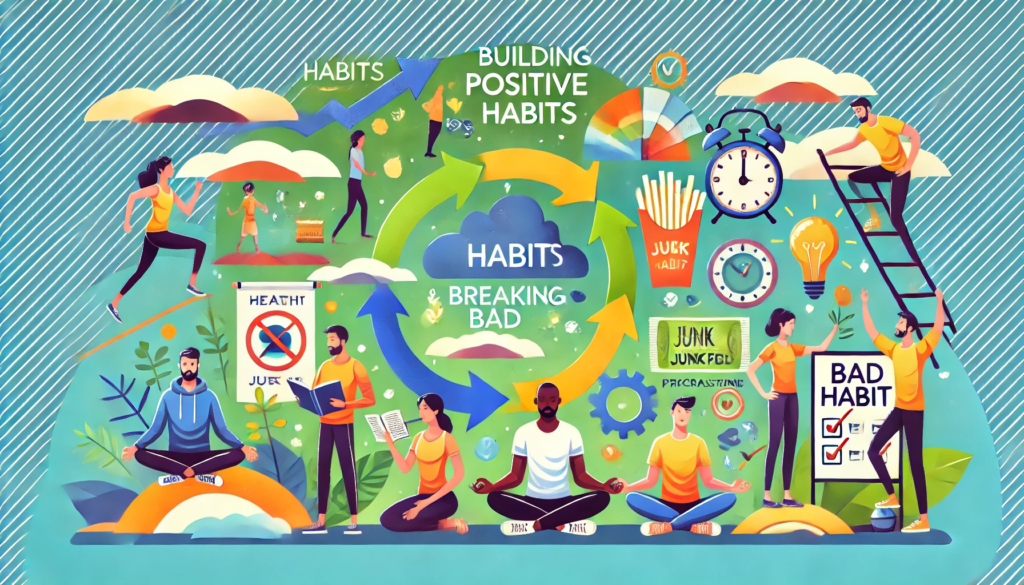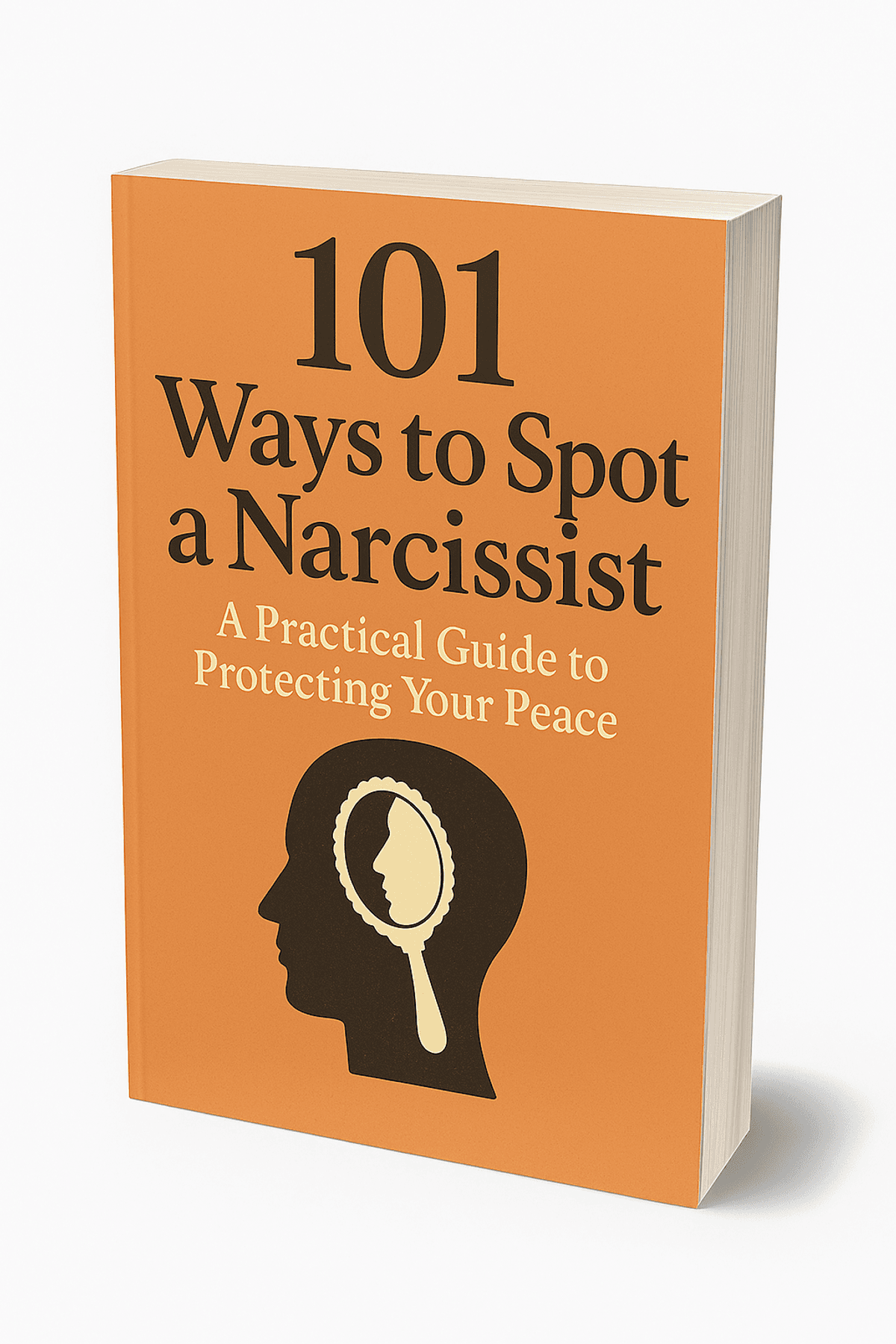The Silent Tests: How Narcissists Secretly Check If They Still Own Your Mind

Maria thought she was finally free. After months of emotional chaos, she blocked her ex's number and told herself it was over. She began to breathe again.
But three weeks later, a simple song lyric popped up on his Instagram story, the one they danced to on their first date. Her heart raced. Her thoughts spiraled. Within seconds, she was back in the same mental prison she fought so hard to escape.
If you’ve ever tried to leave a toxic relationship and suddenly found yourself pulled back in by something small, a message, a silence, a memory, then you’ve likely been subjected to what psychologists call narcissistic testing behaviors.
These aren’t random acts of missing you. They are precision-calibrated psychological probes, engineered to answer one question:
“Can I still get to you?”
The Dark Psychology Behind Emotional Testing
Narcissists rarely seek closure. What they crave is emotional access, control over your attention, your reactions, your feelings.
Dr. Aimee Daramus, a clinical psychologist, explains that narcissists fear losing their narcissistic supply, the emotional energy, validation, and attention they extract from you.
When you start pulling away, their response isn’t self-reflection or change. It’s strategy.
These tests exploit psychological mechanisms like:
- Intermittent Reinforcement: The same pattern slot machines use, random rewards that keep you hooked.
- The Zeigarnik Effect: Your brain’s compulsion to resolve unfinished emotional business.
That “random” message? It’s not random. It’s emotional bait, and the hook is wrapped in familiarity and confusion.
Test #1: The Weaponized Silence
This isn’t the cold shoulder. It’s deeper.
Narcissists use silence as psychological warfare. They disappear, not to move on, but to watch you panic.
No goodbye. No explanation. Just silence.
Why? Because silence makes you question yourself.
You start to wonder:
- What did I say wrong?
- Did I upset them?
- Should I reach out first?
This silence demands no energy from them, yet it drains you completely. You overthink, over-apologize, and emotionally spiral, while they sit back, evaluating your reaction like a scientist watching a lab rat.
And when they reappear, your relief feels like love.
But it’s not. It’s trauma conditioning.
Test #2: The Guilt Bomb
It doesn’t start with blame. It starts with vulnerability:
“I’m really struggling lately.”
“I thought you cared about me.”
“I guess I was wrong about you.”
To outsiders, it looks like emotional honesty. But to you — the targeted person — it’s a booby-trapped guilt trip.
This form of testing often arrives right after you set a boundary. Rather than respecting it, the narcissist flips the script, turning their emotional struggle into your moral failure.
You begin to feel cruel for maintaining space.
This is known as emotional hijacking, using guilt to override your boundaries and coerce you into reconnecting.
And for people with empathy, it’s devastatingly effective.
Test #3: Coincidental Contact That Isn’t Coincidence
You see them online. A tagged post. A photo from “your place.” A text: “Just thinking about you.”
Seems innocent. But it’s orchestrated coincidence.
Known as breadcrumbing, this tactic delivers small emotional hits to spark nostalgia and confusion — without taking any real risk.
Psychotherapist Nicholas Moran describes it as “low-effort, high-impact engagement.” They get to test your emotional temperature without showing vulnerability.
If you respond? They know they still live rent-free in your head.
If you ignore it? No problem. They’ll try again later.
This is how they stay in your life without being in your life.
Test #4: The False Apology Trap
This one’s the most insidious: a fake apology.
It begins with hope:
“You didn’t deserve how I treated you.”
“I was wrong. I miss us.”
But slowly, the narrative shifts:
“I was under a lot of pressure.”
“You weren’t perfect either.”
“We both made mistakes.”
Suddenly, the apology becomes a mutual blame game.
Instead of healing, it becomes a test:
Will you accept diluted responsibility just to feel closure?
A real apology is about change. A false one is about testing your tolerance.
If you accept it, they know they still have emotional leverage.
Why These Tests Work: The Psychology of Extraction
These behaviors are effective because they target primal human needs:
- Connection
- Validation
- Closure
They bypass your logic and go straight for your nervous system.
And while your heart says “maybe it’s real this time,” your mind is stuck trying to decode the puzzle.
That’s the trap: You’re doing all the emotional labor, while they sit back and measure your responses.
How to Break the Spell: Don’t React, Observe
According to Dr. Cortney Warren, the most powerful response is simple:
No response at all.
Each test is a question:
“Do I still control you emotionally?”
By not reacting, you answer with silence — and reclaim your psychological power.
But this takes more than willpower. It takes:
- Awareness: Recognize the behavior pattern.
- Preparation: Plan your response — or silence — in advance.
- Support: Seek therapy, support groups, or friends who get it.
- Documentation: Track the behavior. Over time, patterns reveal intent.
The Forbidden Realization: It Was Never About You, It Was About Access
This is the most painful but liberating truth:
They didn’t love you. They loved your emotional availability.
You were a source of energy, not a partner.
But once you realize that, everything changes.
You stop seeing their tests as signs of love…
…and start seeing them as signs of possession.
Your Path to Freedom: Boundaries as a Lifestyle
True healing begins when you stop trying to pass their tests.
You don’t need to prove anything.
- Not your kindness.
- Not your capacity to forgive.
- Not your empathy.
The moment you choose self-respect over guilt, you start the process of psychological freedom.
And every silent test you ignore becomes a step toward reclaiming your peace.
Stop Playing a Game You Didn’t Sign Up For
You’re not cold.
You’re not heartless.
You’re recovering.
You’re done being emotionally examined by someone who only checks in to see if you’re still responding.
Because here’s the forbidden truth:
Their tests were never about your love. They were about their control.
And the moment you stop reacting,
You become untouchable.
Please support Human Psychology by leaving a tip or donation. Your appreciation helps us continue this important work.
Suggested Readings Resources
- The Singularity Is Here - New!
- The Subtle Side of Narcissism
- Three Types of Hobbies That Can Improve Your Life
- Wake Up and Use Your Brain: Stop Letting Stress and Anger Take Control
- What Guilt Is Really Trying to Tell You (And Why Letting Go Can Set You Free)
- Where Do New Words Come From?
- Why Do I Attract Narcissists?
- Why Do Narcissists Need Validation from Others?





